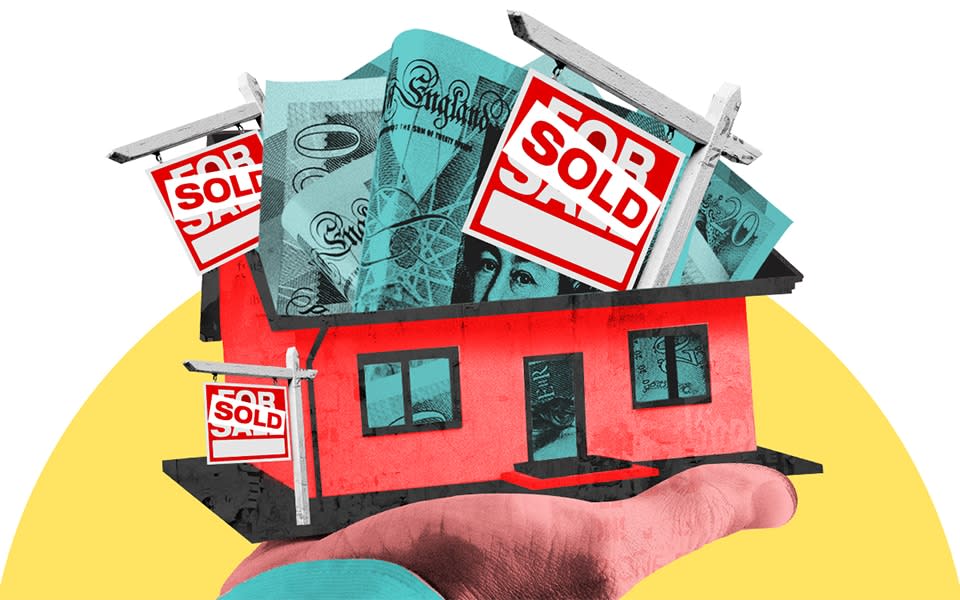Lack of homes for sale pushes asking prices to record high

The property market recorded its busiest ever first half of a year, pushing asking prices to a record high for the fourth consecutive month.
A surge in demand combined with a shortage of supply has meant that the market has a shortfall of a quarter of a million homes for sale, according to research by property website Rightmove.
The absence of these listings has created a stark imbalance between supply and demand which has pushed up house price growth despite the tapering of the stamp duty holiday. The average asking price is 6.7pc higher than six months ago, a jump of £21,389.
The new all-time high asking price of £338,447 was up 0.7pc on the previous month, despite the anticipated typical summer lull. This was the largest monthly rise at this time of year since July 2007. Annual growth in asking prices was 5.7pc.
This was despite the fact that sellers were marketing properties to buyers who would not benefit from the majority of the stamp duty holiday.
After June 30, the nil-rate band in England and Northern Ireland fell from £500,000 to £250,000, meaning the maximum tax savings dropped from £15,000 to £2,500. In Wales, the equivalent tax break disappeared altogether.
Tim Bannister, of Rightmove, said that the extended transaction tax holidays in England and Wales further exhausted the supply of homes as buyers rushed to bring forward moves to take advantage of the tax savings.
He added: “This has left prospective purchasers with the lowest choice of homes for sale that we’ve ever recorded, continuing price rises, and stretched affordability.”
Since the start of the year, 140,000 sales have been agreed in excess of the long-term average. But 85,000 fewer homes were listed for sale. This brings the total shortfall to 225,000.
Rightmove forecast that 800,000 sales completed in the first six months of 2021. This would beat the previous record of 795,000, set in 2007, just before the financial crisis.
The average number of available properties per estate agency branch is at a new record low of 16 – half the typical average of 31. It took sellers 38 days to secure a buyer after listing a property – 27 fewer days than at the start of the year.
The tapering of the tax incentives has not yet dampened demand. A desire for space and gardens in the wake of lockdown and the shift to homeworking was still a definitive driving factor.
The market for detached four-bedroom properties was the most out of kilter. Sales have surged 39pc while supply has fallen by 15pc, compared to 2019 levels. Sales of three-bedroom properties jumped 28pc while new supply fell 10pc.
The supply of entry-level properties (homes with two bedrooms or less) was down just 1pc, however. Sales were up 29pc on the same period in 2019.

 Yahoo Finance
Yahoo Finance 